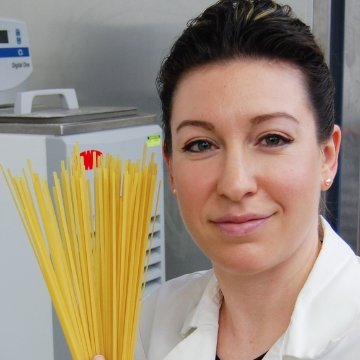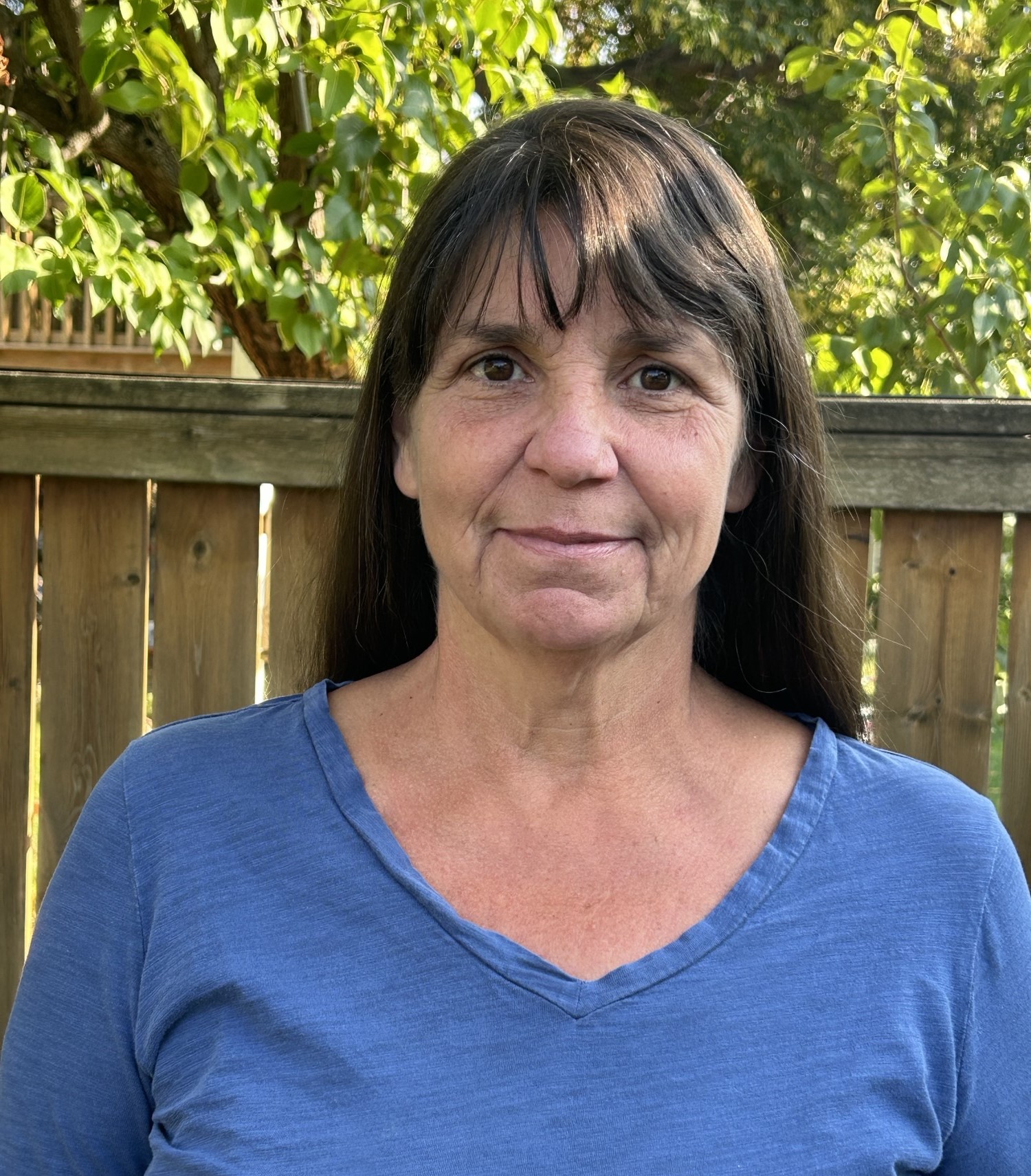Broadcast Date: September 26, 2024 | 9:00–10:00 a.m. Central
View On-Demand Webinar
Webinar Summary
In 2018, National Manufacturing product portfolio was removed from the business portfolio of the parent company, TMCO Inc. There are seven AACC Approved Methods that refer to a National Manufacturing mixer as a required or optional apparatus used in the method. Given this, several Cereals & Grains Association Technical Committees raised concerns of the gap this created. A cross-committee working group was formed to address the issue as it pertains to AACC Approved Methods. The working group initiated an industry-wide survey to:
- Help guide the Technical Committees in method development or revision efforts to utilize alternative equipment.
- Provide information manufacturing companies could use to support labs using mixers, whether through producing pin-mixers or providing alternative solutions to meet AACC Approved Methods requirements.
Survey responses represented 100 National Manufacturing mixers currently in use. The Mixograph Method (AACC Approved Method 54-40.02) was the only AACC Approved Method where 100% of respondents use a National Manufacturing mixer (10 g Mixograph). This method is important for screening breeder lines for gluten strength; therefore, small sample size and high throughput are critical. For bread baking methods, most respondents use National Manufacturing pin-mixers. In test baking applications, the open mixer design accommodates easy ingredient addition and quick removal of dough, allowing for high throughput. Most respondents rely on their mixers daily or weekly (72%) or seasonally (25%). However, only 3% of respondents indicated they have a reliable source for parts and service, and many respondents stated this was a major pain point. From survey responses, a list of potential alternative instruments was generated by sample size and application. However, many respondents expressed concerns about alternative instruments, such as challenges with historical data comparisons, sample sizes being too large for early generation screening, or bowl design being inaccessible for high throughput baking. While some users stated that National Manufacturing mixers are crucial to operations, other respondents were open to (or already using) alternatives. Many respondents requested guidance and collaboration on this issue. The results of the National Mixer Survey were shared with the Technical Committees impacted in a “What We Heard” summary presentation. These survey responses and committee discussions will serve as the basis for ongoing action from the Technical Committees.
Learning Objectives
Join the conversation as we discuss:
- The challenges and implications of National Manufacturing equipment discontinuation
- Available options for ongoing maintenance
- Strategic direction for the AACC Approved Methods Technical Committees
About the Presenters

Jayne Bock
Wheat Marketing Center
|
Jayne Bock is the Technical Director at Wheat Marketing Center in Portland, OR, where she is responsible for core research activities, educational programming, and technical communication involving wheat, flour, and end product quality. Before joining Wheat Marketing Center, she established herself as an industry expert in flour and dough quality testing as an adjunct professor at the University of Guelph and as Global Technical Leader at C.W. Brabender Instruments. |

Carly Isaak
Canadian Grain Commission
|
Carly Isaak is a Chemist in the Bread Wheat and Durum Research program, Grain Research Laboratory (GRL) at the Canadian Grain Commission, where she works to provide scientific support for the Canadian bread wheat and durum quality assurance system. Her activities fall under two categories: research on wheat quality from biochemical components to baking quality, and quality assurance from harvest quality to export cargo monitoring. Carly obtained her MSc degree in Foods and Nutritional Sciences, focused on wheat quality and utilization, and is currently pursuing a part-time PhD at the University of Manitoba in the field of cereal chemistry. With 8 years of experience in the food and grain industry, Carly's expertise and ongoing commitment to advancing and standardizing grain-testing methodologies make her a valuable contributor to effectively improving and evolving test methods for the grain industry. |

Connie Briggs, M.Sc.
Co-Lab Manager, Grains Innovation Lab
|
Connie Briggs joined the Crop Development Centre at the University of Saskatchewan in 1998. As co-lab manager of the Grains Innovation Lab, she is responsible for all aspects of wheat quality analysis for the durum and bread wheat breeders, from early generation screening to the more advanced milling, baking and pasta production. Since joining AACCI (Cereals & Grains) in the mid-1990s, Connie has been actively involved with the Bread Baking Technical Committee, as well as Experimental Milling, Physical Testing and Pasta Products committees. |
